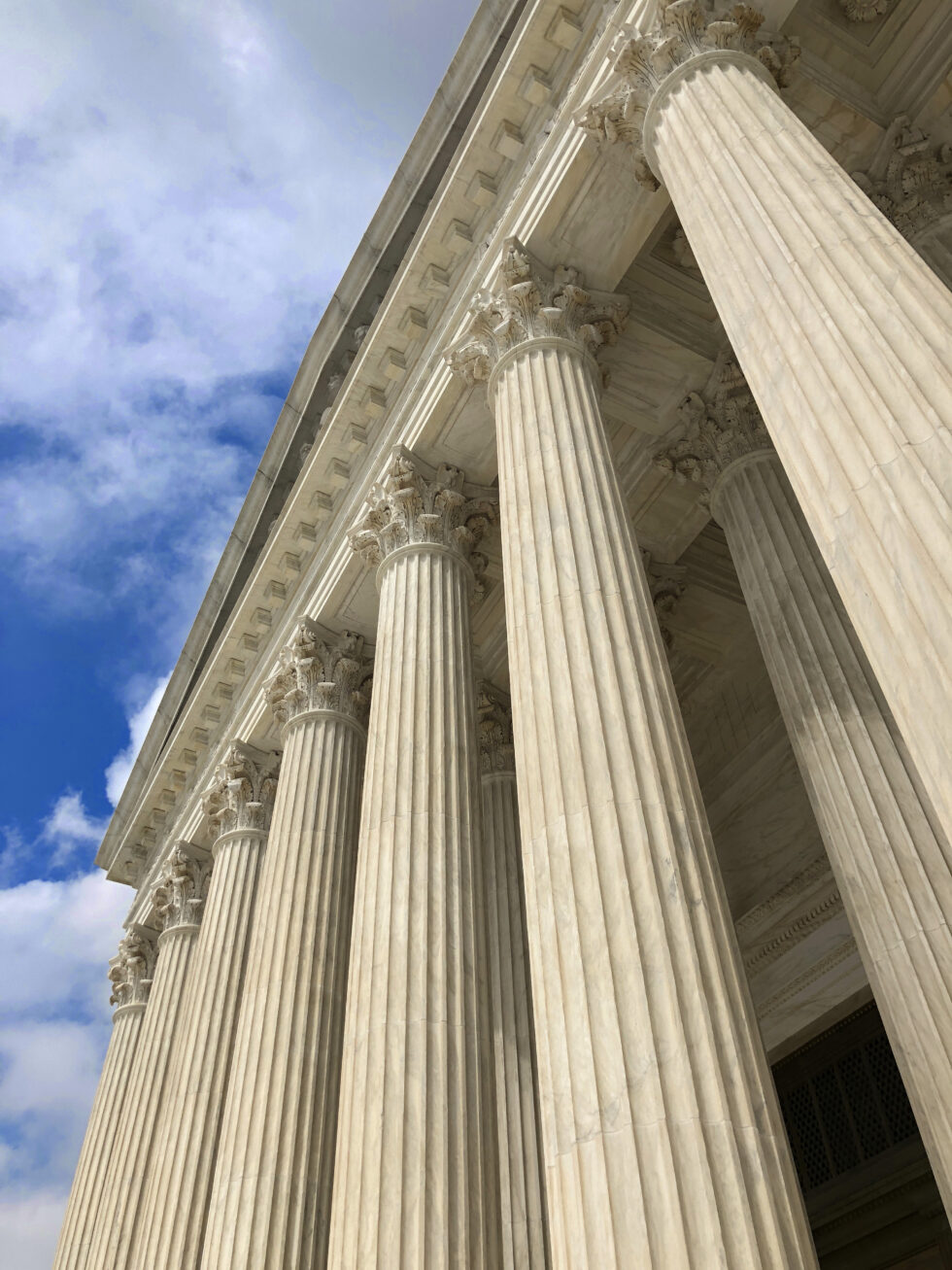Recent decisions by the U.S. Supreme Court and lower court judges are casting doubt on the FTC’s new rule banning noncompete clauses in employment contracts for most American workers. The ban was announced in April 2024 and is scheduled to take effect on September 4, 2024. However, the Supreme Court’s recent decision in Loper Bright Enterprises v. Raimondo has given judges new authority to strike down federal policies, which could make it difficult for employers (and employees) to navigate the changing landscape.
In Loper Bright, the Supreme Court overturned the long-standing legal precedent called the Chevron doctrine, under which federal courts are required to defer to a federal agency’s interpretation of the law when the language of the statute itself was ambiguous, as long as the agency’s interpretation is reasonable. Congress passes the laws, but federal agencies write the regulations and policies that give further instruction on how the law is applied. Chevron limited the ability of judges to supplant an agency’s decision about what the law means with their own individual interpretation. Now that Loper Bright has overturned Chevron, judges have more authority to block federal policies based on their own individual interpretations of the law.
Last week, a federal judge in Texas ruled that the FTC exceeded its authority by enacting such a wide-sweeping noncompete ban and prevented the parties in that case from enforcing it. This judge did not issue a nation-wide injunction, which would have prevented any parties anywhere in the country from enforcing the ban. But, other judges in future cases could order injunctions at the U.S. district court level. Even though the noncompete ban is a federal policy, it could be enforced differently in different areas of the country, which will be particularly challenging for employers with offices in multiple states. The status of the noncompete ban could fluctuate with little or no warning as these lawsuits make their way up the ladder of the judicial system.
The Loper Bright decision not only calls into question the future of the noncompete ban, but potentially every other federal administrative policy, including issues related to taxes, immigration, and imports/exports, to name a few. Now more than ever, employers will need to stay up to date on developments in the legal world that could have a direct impact on their businesses.
Best Law Offices can help your business navigate the changing waters of the U.S. legal system. Call to schedule your free consultation!
